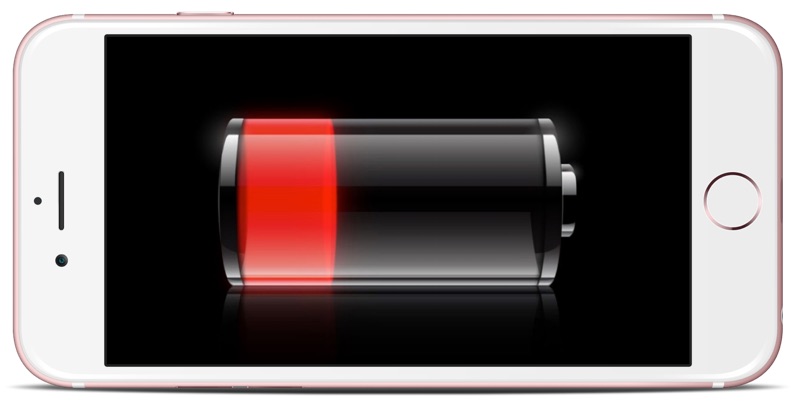A UK consumer rights advocate has filed a £750 million ($907 million) legal claim against Apple over the 2017 iPhone throttling controversy that saw a software update effectively throttle the operation speed of older devices (via The Guardian).
The claim is over Apple’s introduction of power management features for older iPhones to prevent unexpected shutdowns during peak power draw on devices with degraded batteries.
Consumer rights champion Justin Gutmann has launched a claim against Apple over the decision at the Competition Appeals Tribunal. If he wins, the company could be forced to pay damages of more than £750m, spread out between the approximately 25 million people who bought one of the affected phones. The claim relates to the iPhone 6, 6 Plus, 6S, 6S Plus, SE, 7, 7 Plus, 8, 8 Plus and iPhone X models.
Gutmann says that Apple’s decision to throttle the phones wasn’t disclosed to users at the time, and was introduced to disguise the fact that older iPhone batteries were unable to cope with the new demands placed on them.
“Instead of doing the honorable and legal thing by their customers and offering a free replacement, repair service or compensation, Apple instead misled people by concealing a tool in software updates that slowed their devices by up to 58%,” Mr Gutmann said.
“I’m launching this case so that millions of iPhone users across the UK will receive redress for the harm suffered by Apple’s actions.
“If this case is successful, I hope dominant companies will re-evaluate their business models and refrain from this kind of conduct,” he added.
Once the throttling was discovered, Apple apologized and offered a $29 battery replacement program for the older iPhones. (A new battery fixes the issue that led to device shutdowns.)
In 2020, Apple agreed to pay up to $500 million to settle a long-running class-action lawsuit in the U.S. that accused the Cupertino firm of “secretly throttling” older iPhone models to allegedly persuade them to buy newer models.
Apple told The Guardian: “We have never, and would never, do anything to … degrade the user experience to drive customer upgrades.
“Our goal has always been to create products that our customers love, and making iPhones last as long as possible is an important part of that.”


